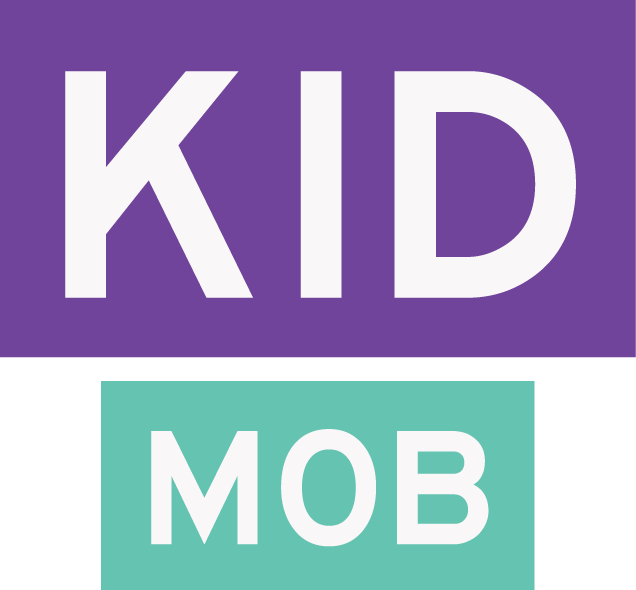Traditional prosthetics generally try to replace a missing body part with a device that looks and functions like the missing part. What if we embrace this body modification as a cyborgian additional to ourselves? What if this body modification could function in a way that the body can't? This workshop explored the question: if not a hand, then what?
Brown University's School of Engineering generously donated space in their fabrication shops for this workshop. This included digital fabrication tools like 3D printers and a laser cutter, as well as the more traditional. Ten students, ages ranging from 7-17, attended this week-long workshop to design and prototype their own body modifications. They developed their ideas and prototypes with the help of design and engineering students and professionals from Brown, Rhode Island School of Design, and beyond.
Participants had a range of upper limb capabilities - for our purposes, we did not distinguish between prosthetics and exoskeletons, as both augment the existing capabilities of the body.
Testing out a prototype: David's Awesome Grippy Thingie!
Projects ranged from a tennis racket gripper, to a digitigrade stilt, to a telescoping arm with interchangeable parts for cleaning, and much more. One of our facilitators for this workshop, Erik Tompkins, is a prosthetist with POA Prosthetics - he helped participants figure out how to form their body mods to their body to ensure a comfortable and secure fit using thermoplastics, padding, velcro, and other materials. Other major components that they designed included attaching the "appendage" they make to the base (the part that connects with their body), and also the functionality and the look/feel of their body mod.
Each participants proudly left with a usable prototype. One week was enough time for some of the participants to get to more refined stages of prototyping, having developed several iterations!
Aiden's "Lego Hand" is one attachment for his body mod - the threaded rod is for interchangeable parts!
One participant, Aiden, will have his project further developed by Coby Unger, an artist in residence with Instructables/Autodesk. The concept is for a body mod that 1) can adapt in size with Aiden as he grows, 2) take interchangeable parts, and 3) have a set of interchangeable parts, and a way for making more of them himself.
One participant, Katrina, left Superhero Cyborgs with the following advice for others: "Challenge yourself. The random ideas will go farther because they are the ones that help innovate."
Thanks to the Helping Hands Foundation, Brown University School of Engineering, Fat Belly's Pub, The Pizza Gourmet, and a long list of individuals for your support in making this event such a success!



